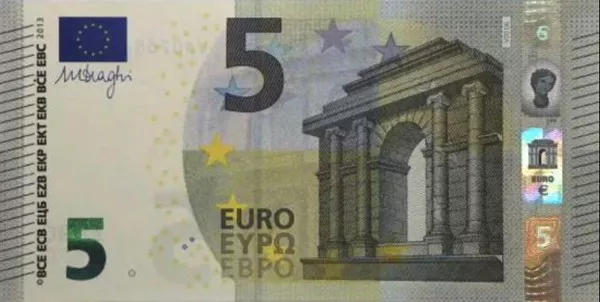?
Also known as the market or.
There are also “prices”.
Thus, the exchange rate is the ratio of one currency to another, expressing in one currency the price of another.
Because of the different names and values of currencies around the world, a country’s currency should have an exchange rate, or exchange rate.
In the short run, a country’s exchange rate is determined by the demand and supply of foreign currency.
Foreigners buying their own goods, investing in their own countries and speculating in their own currencies will affect the demand for their currencies.
Local residents want to buy foreign products, invest in foreign countries and speculate in foreign currencies, which will affect them.
In the long run, the main factors that affect exchange rates are: relative price levels, tariffs and quotas, preferences for domestic versus foreign goods, and productivity.
What is the main role of the exchange rate?
The reason why currencies of different countries can be compared and form price comparison relations is that they all represent a certain value, which is the basis for determining the exchange rate.
Under the gold standard, gold is the standard currency.
Two countries on the gold standard could set their exchange rate, or exchange rate, based on the amount of gold in each country.
Exchange rate is the most important adjustment lever in international trade.
Since the cost of goods produced by a country is calculated in its own currency, the cost of its goods must be pegged to the exchange rate in order to compete on the international market.
The level of exchange rate will directly affect the cost and price of the commodity on the international market and the international competitiveness of the commodity.
What determines the exchange rate?
In countries with an official exchange rate, the exchange rate is set by the national monetary authority (the Ministry of Finance, the central bank or the foreign exchange control authority) and all transactions must be conducted in accordance with that rate.
In countries with market exchange rates, the exchange rate changes with the supply and demand of money.
The exchange rate has an impact on the balance of payments, national income, etc.
Main factors affecting exchange rate changes (1) Balance of payments.
If a country’s balance of payments goes into surplus, it goes up;
If it runs a deficit, its currency’s exchange rate will fall.
(2) Inflation.
If it’s high, its currency’s exchange rate is low.
(3).
If a country’s interest rates rise, its exchange rate rises.
(4) Economic growth rate.
If a country’s economic growth rate is high, then its currency exchange rate is high.
(5).
If a country runs a large deficit, its currency will fall.
(6).
If a country’s foreign exchange reserves are high, its currency’s exchange rate will rise.
The dollar tumbled and oil prices rose to a four-week high as the emergency authorisation of COVID-19 oral drugs returned risk taking sentiment.
Please pay attention to the specific operation, the market is changing rapidly, investment needs to be cautious, the operation strategy is for reference only.

























